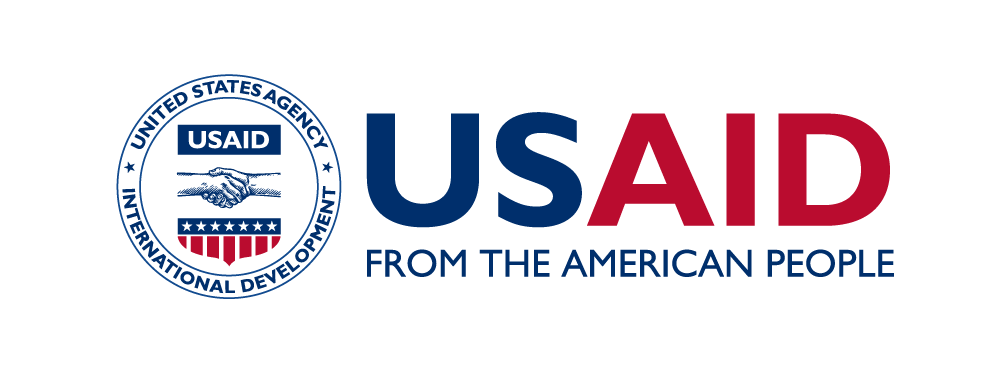Read the academic paper here.
The Challenge
Intimate partner violence (IPV) is a significant public health concern that has been exacerbated with the COVID-19 pandemic.1 Globally, about 1 in 4 women experience physical and/or sexual violence from an intimate partner in their lifetime.2 In Peru, around 1 in 2 women aged 15–49 report experiencing such violence, one of the highest rates in the world. The IRC and IPA developed and implemented the program “Hablemos entre Patas (HEP)”, a WhatsApp-based intervention targeting men in relationships. The program was inspired by the “Real Man Challenge”, an initiative developed by the IRC and IPA Uganda.
The Evaluation
Over a 30-day period, male facilitators used WhatsApp to deliver daily behavioral challenges aimed at improving relationships. Each day's content focused on practical skills that men could immediately apply in their homes and relationships. The challenges covered four key areas: life at home including equal participation in domestic duties; communication and emotional regulation; joint decision making around finances; and sex positive communication including pleasure and consent. By breaking these skills into daily, actionable challenges, the program helped men gradually build healthier relationship habits.
Researchers working with the IRC and IPA Peru conducted a randomized evaluation to assess whether the HEP program was effective at reducing violence and changing men’s attitudes towards violence against women. The intervention took place in Peru and involved 2,700 men in relationships, who were randomly assigned to either receive the program and join a Whatsapp group of 50 members, or serve as a comparison group. In addition, researchers conducted a survey with the participants’ partners to assess relationship dynamics and potential IPV behaviors.
Results
The Hablemos entre Patas reduced the probability of household sexual violence by 20 percent relative to the comparison group (9.1 percent vs 11.4 percent). Moreover, among women who reported experiencing violence prior to the intervention, the program reduced sexual violence by 21 percent and severe violence—acts causing intense physical or sexual harm or fear—by 13 percent. The physical violence decreased progressively with higher levels of activity in WhatsApp groups, with rates dropping from 9.5 percent in the most active groups and dropping by 2 percent in the least active groups. Men also became slightly more intolerant of violence.
Policy Impact and Implications
Based on the positive results of the project, the Government of Peru is currently considering expanding the program. Given its impact, this approach may also be relevant for adaptation and implementation in other settings.
Sources
1. Agüero, Jorge M. 2020. “COVID-19 and the Rise of Intimate Partner Violence.” World Development 137 (September): 105217. https://doi.org/10.1016/j.worlddev.2020.105217.
2. World Health Organization, “Violence against women prevalence estimates, 2018”; Inter-American Development Bank, “Prevalence of violence against women among different ethnic groups in Peru,” 2023.
3. Garcia-Moreno, Claudia, Henrica AFM Jansen, Mary Ellsberg, Lori Heise, and Charlotte H Watts. 2006. “Prevalence of Intimate Partner Violence: Findings from the WHO Multi-Country Study on Women’s Health and Domestic Violence.” The Lancet 368 (9543): 1260–69. https://doi.org/10.1016/s0140-6736(06)69523-8.
Research Partner

Funding Partners














